- Superpower Daily
- Posts
- X launches Stories, delivering news summarized by Grok AI
X launches Stories, delivering news summarized by Grok AI
Elevenlabs Is Building An Army Of Voice Clones
In today’s email:
💊 Generative AI will be designing new drugs all on its own in the near future
👦🏻 The teens making friends with AI chatbots
🎶 Washed Out’s new music video was created with AI
🧰 16 new AI-powered tools and resources. Make sure to check the online version for the full list of tools.



X, previously known as Twitter, has introduced a new feature powered by Elon Musk’s AI chatbot, Grok, which provides summaries of trending stories on its Explore section. This feature, known as Grok's Stories, is available to Premium subscribers who can access succinct summaries of discussions related to trending news on the For You page of the Explore section. This page aggregates popular news and stories shared across X, aimed at giving users a quick catch-up without scrolling through their timeline extensively.
Grok’s unique approach involves summarizing conversations and reactions on X rather than directly summarizing news articles. This method prioritizes what X users are discussing, which might include their personal reactions or opinions, potentially leading to a skewed representation of the actual news content. This approach has been described as controversial by tech journalist Alex Kantrowitz, who highlights the potential for both misinformation and a new depth of engagement with news topics.
The introduction of AI-powered summaries by X is part of a broader trend where AI is increasingly used to condense news, affecting how information is consumed and the traffic to original news sites. Concerns have been raised about the potential decline in page views for news websites, which could jeopardize their operations, leading some news publishers to partner with AI providers to safeguard their interests. X’s strategy of extracting news from user discussions circumvents the need for direct access to news content, presenting both innovative and problematic aspects in terms of content accuracy and misinformation.

ElevenLabs is a small startup that has developed advanced AI voice cloning technology, which can create highly convincing audio from any text input. The technology allows users to clone their own voices or choose from a variety of pre-made voices for diverse applications, ranging from personal use to professional settings. This tech is particularly promising for tasks like generating audiobooks, dubbing movies in multiple languages, and aiding those who've lost the ability to speak to communicate in their own voice again.
Despite the innovative potential, ElevenLabs faces significant ethical and security challenges. The ease with which its technology can be misused is alarming. Instances of misuse, such as deepfake scams and political misinformation, have already surfaced, showing the dark side of voice cloning technology. ElevenLabs has introduced several safeguards, like a verification process and a policy against cloning celebrity voices without consent, but concerns remain about the effectiveness of these measures in preventing abuse.
The broader implications of such technology are profound and unsettling. As AI continues to advance, it blurs the lines between reality and fabrication, making it increasingly difficult to trust what we hear online. This creates a potential for widespread misinformation and deception, necessitating a careful approach to the development and deployment of such powerful tools. ElevenLabs, along with the industry at large, is challenged to balance innovation with responsibility to avoid harmful consequences.

Generative AI is poised to revolutionize the pharmaceutical industry by autonomously designing new drugs, a development that could become commonplace within a few years. According to Eli Lilly's Chief Information and Digital Officer, Diogo Rau, AI has already generated molecule designs with structures previously unseen in their database, which show potential as drug candidates. This breakthrough underscores AI's ability to discover and create new drugs that might not have been conceptualized by human researchers. The capability of AI to quickly generate a vast number of molecular structures that would take much longer in traditional settings has been a significant advantage.
The foundation for AI's role in drug design was laid by initiatives like Google's DeepMind, whose AlphaFold program significantly advanced the field by predicting protein structures from amino acid sequences. This has enabled AI to generate innovative drug models quickly and creatively, beyond the traditional empirical approaches which often had high failure rates. AI's application in this field is expected to improve success rates drastically, reduce development times, and explore therapeutic possibilities that have previously been out of reach, such as designing novel proteins and biologics.
The evolution of AI in drug discovery, akin to its advancement in areas like autonomous vehicles, continually enhances through iterative learning from data. This progression promises to redefine how drugs are developed, focusing on a more systematic and empirical approach rather than the more traditional, labor-intensive methods. Despite the promising advancements, the efficacy of these AI-designed drugs ultimately needs validation through human clinical trials, which remain the definitive test for any new therapeutic agent.

Brenden Lake, a psychologist at New York University, along with his wife, Tammy Kwan, have been recording their daughter Luna’s perspective using a small camera attached to her for an hour each week over the past 11 months. Their goal is to use these recordings to develop a language model—dubbed LunaBot—that learns from the same sensory data a toddler experiences. This novel approach aims to bridge the gap between understanding human cognitive development and enhancing artificial intelligence models.
The project raises significant questions about the differences between human and artificial intelligence. While A.I. models like OpenAI’s GPT-4 or Google’s Gemini have been created with vast amounts of data and computing power, they lack the ability to experience the world as humans do—through sensory experiences like taste and touch. This fundamental difference highlights the limitations of current A.I. models in truly understanding and replicating human learning processes.
The implications of this research could be profound, potentially offering insights into how A.I. can more authentically mimic human cognitive processes by incorporating sensory data and experiences. Researchers like Linda Smith and Tom Griffiths see this as a frontier for better understanding human intelligence and developing A.I. that operates more like the human brain, suggesting a promising, albeit challenging, future for A.I. development grounded in human-like learning experiences.
Other stuff
Microsoft CTO: "Thoughts on OpenAI". June 12, 2019
Humans now share the web equally with bots, report warns amid fears of the ‘dead internet’
Recruiters Are Going Analog to Fight the AI Application Overload
Nick Bostrom: superintelligence could happen in timelines as short as a year and is the last invention we will ever need to make
OpenAI CEO Sam Altman on AI’s Impact on Business and Society
AI Copilots Are Changing How Coding Is Taught
The teens making friends with AI chatbots
Is robotics about to have its own ChatGPT moment?
I created a 100% automated youtube shorts channel using free AI tools and python
Washed Out’s new music video was created with AI
Startups Go to Hollywood: AI Movies Aren’t Just a Gimmick Anymore
How generative AI is clouding the future of Google search
Superpower ChatGPT now supports voice 🎉
Text-to-Speech and Speech-to-Text. Easily have a conversation with ChatGPT on your computer


Actionize AI - Custom GPT actions, easy
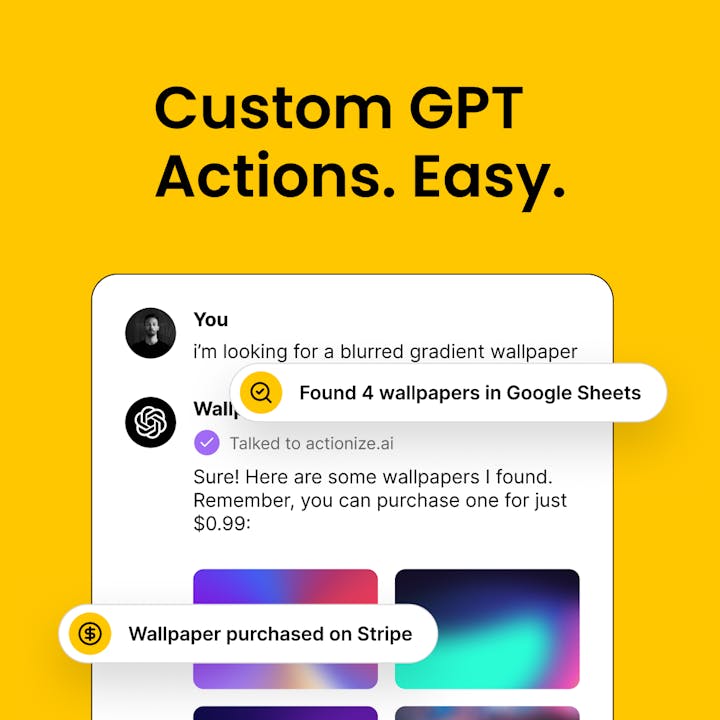
Nexus - Meet your New Business Copilot

GrafyChat - Elevated AI Chat Experience

Milio - Voice-operated interview companion

AgentCrew - 100% free tools to automate your tasks with AI today
Pressmaster.ai - AI-powered all-in-one software for public relations
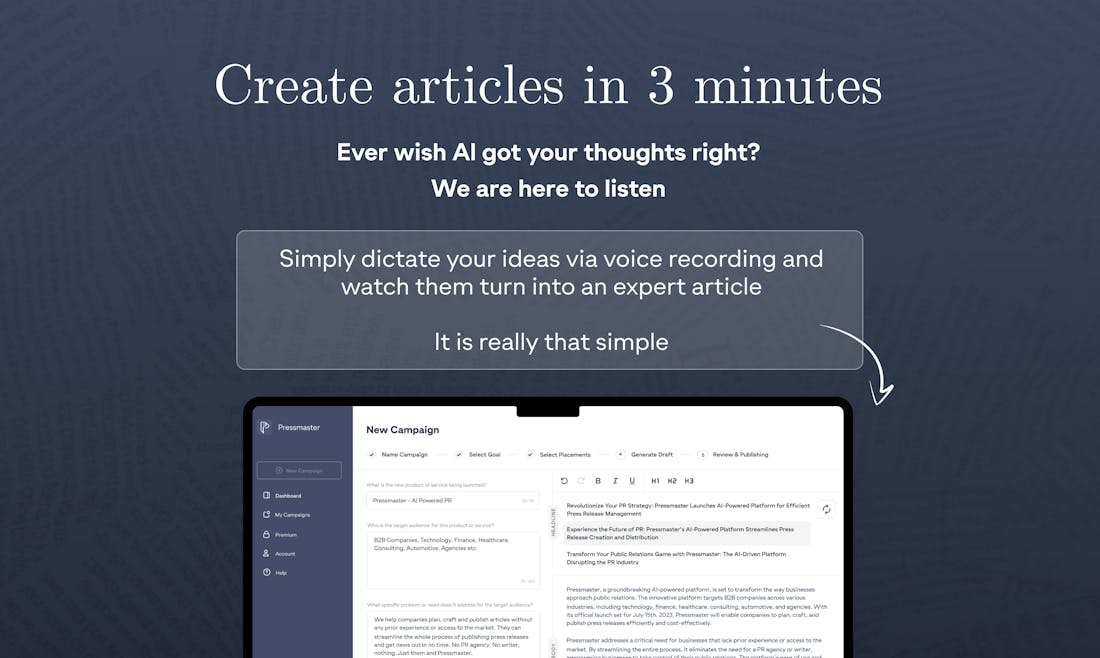
Creatoor AI - Create videos for social media with simple text prompts
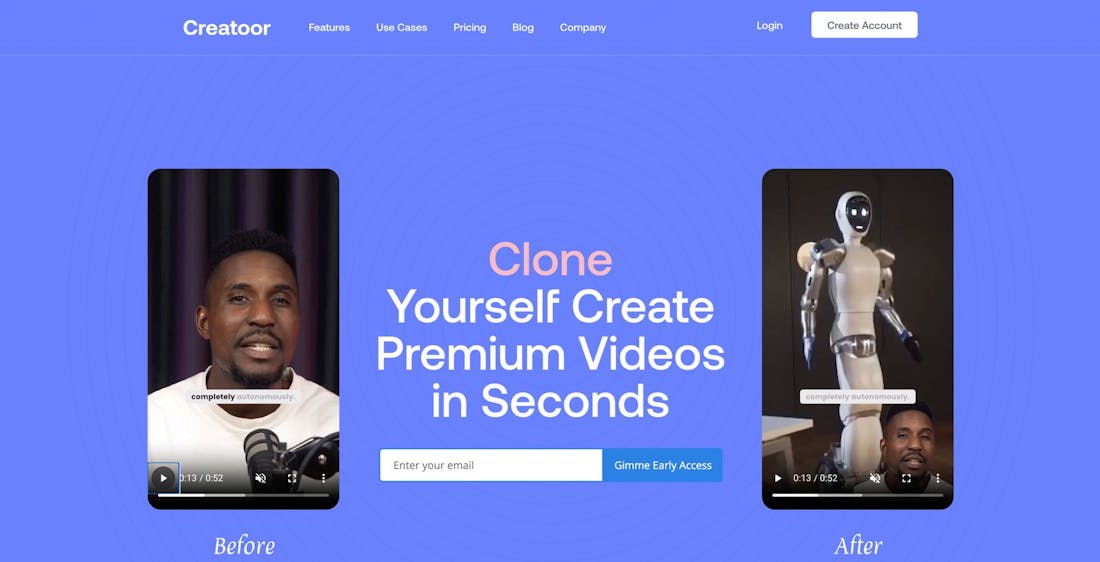
CallBud AI - AI that makes your appointment calls
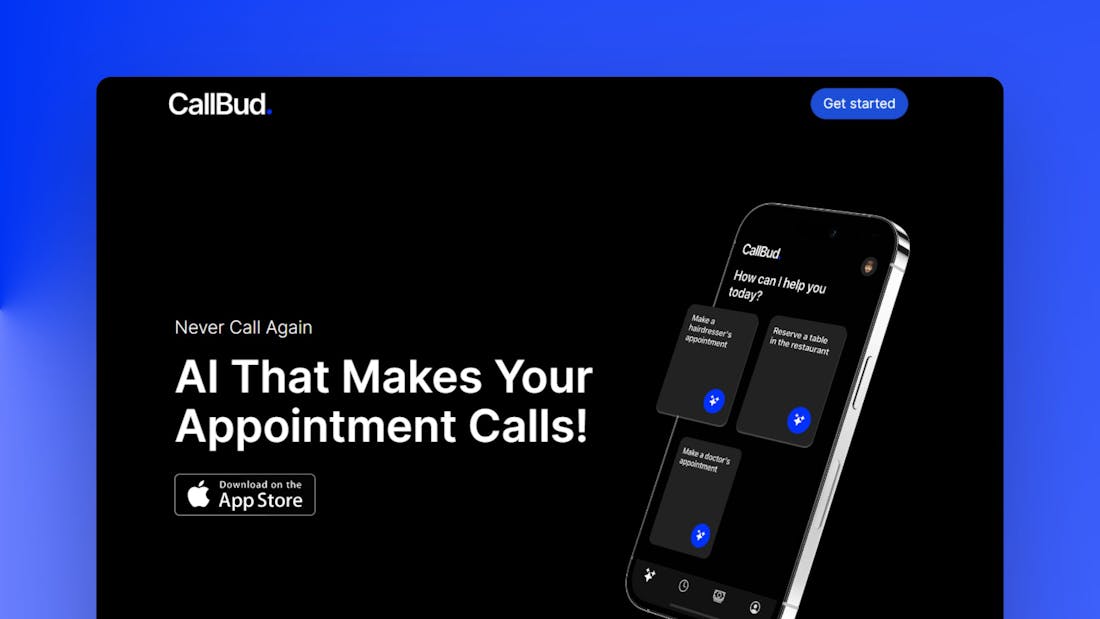
Meaning - AI screen time coach & app blocker, chat to unlock apps
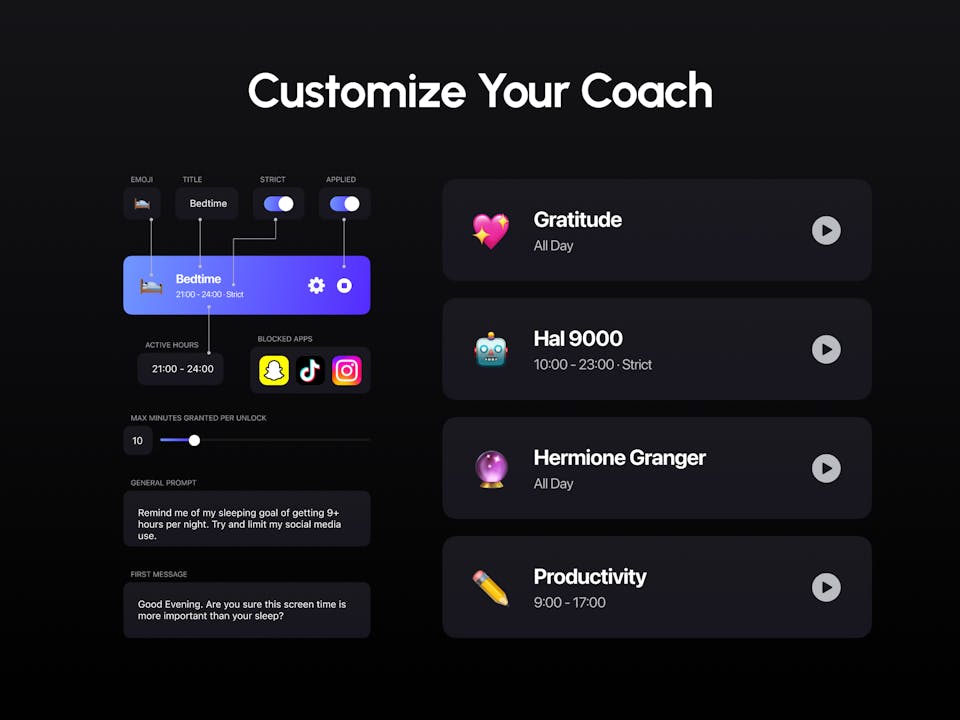
UNA - Immigration plans made easy with AI

Essay Grader - The fastest way to grade essays

Ploady - Increase the quality of your YouTube video in minutes

Rispose - Embed an OpenAI Assistants For Freeon your website

Conversations AI - Your real-time AI-powered meeting copilot



How did you like today’s newsletter? |
Help share Superpower
⚡️ Be the Highlight of Someone's Day - Think a friend would enjoy this? Go ahead and forward it. They'll thank you for it!
Hope you enjoyed today's newsletter
Did you know you can add Superpower Daily to your RSS feed https://rss.beehiiv.com/feeds/GcFiF2T4I5.xml
⚡️ Join over 200,000 people using the Superpower ChatGPT extension on Chrome and Firefox.



